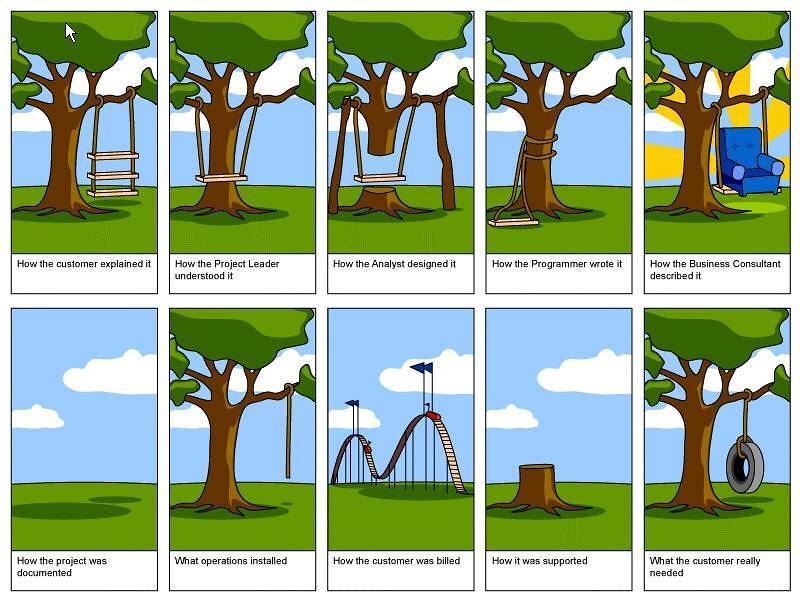AI Tools and Cognitive Debt
The one who asks the right questions wins.
Questions are essential in identifying gray areas in project plans and misalignments between the stakeholders. Besides, a development team needs well-written project scope and requirements, and a clear product roadmap to be productive. If any of these are missed, the business might lose thousands of hours of valuable time, and hence money, in the wrong direction. To avoid this, all stakeholders need to know the topic well to ask the right questions. But that is not enough, they should also be active listeners.

Who Is An Active Listener?
An active listener is someone who focuses their full attention on the speaker, both verbally and nonverbally, to understand the complete message being conveyed, not just the words being spoken. They aim to grasp the speaker's emotions, perspective, and underlying meaning, rather than just passively hearing the words. Active listening involves demonstrating engagement, asking clarifying questions, and showing empathy.
The Effect of AI Tools on Employee Performance
There is an alarming trend where people are running from meetings to meetings and are delegating their critical responsibilities to AI tools due to their limited time. For instance, AI note-taking apps that transcribe and summarise the discussions in meetings are becoming popular. However, most of the time the attendees do not take enough time to review the AI-created notes and delegate the attention to the AI systems. This means that people are not as active listeners anymore. And this new habit brings the risk of missing out information that are critical for projects. For instance, the attendees should master the knowledge in the following topics by the end of a meeting:
- the next steps and their owners
- the expected outcomes
- critical dependencies and deadlines

Another concerning topic is the increased use of generative AI tools for creating project charters and project requirements. While it might seem to be efficient creating them with some prompt engineering and click of a button, it often leads to long texts that resemble other documents created the same way with some nuances. This means that the audience of these documents should spend extra time to get the context and act on them, leading to inefficiency in communication and execution. If one is not careful enough, the use of AI tools will only result in piles of texts which nobody will have time to go back and make good use of. Moreover, there is the risk of deceptive ownership of the tasks and documentation. In the end, the owners cannot fully grasp the context and requirements in this setup.
The claims so far are backed by a recent study by MIT that shows that people who delegate essay writing ownership to AI tools show poor cognitive performance. They even struggled to accurately quote their own work. During the study, the volunteers were divided into three groups: AI-only, search-engine, and no-tool. From the respective Slashdot article: 83% of ChatGPT users could not quote any line they had just written and none produced a correct quote. Only 9 of the 18 claimed full authorship of their work, compared with 16 of 18 in the brain-only cohort. When these participants were later asked to write without assistance, frontal-parietal networks remained subdued and 78% again failed to recall a single sentence accurately. Moreover, over four months, these people consistently underperformed at neural, linguistic, and behavioural levels.

Conclusion
In a world where distractions are many and automation is tempting, maintaining sharp focus has become a competitive advantage. Whether it’s drafting a clear document, aligning with teammates in a meeting, or executing a task with precision, presence of mind is irreplaceable. Delegating thinking to machines may offer short-term convenience, but long-term success stems from deep engagement and clear communication. Ultimately, the quality of our outcomes depends not on how many tools we use, but on how intentionally we use them — and how fully we show up when it matters most.